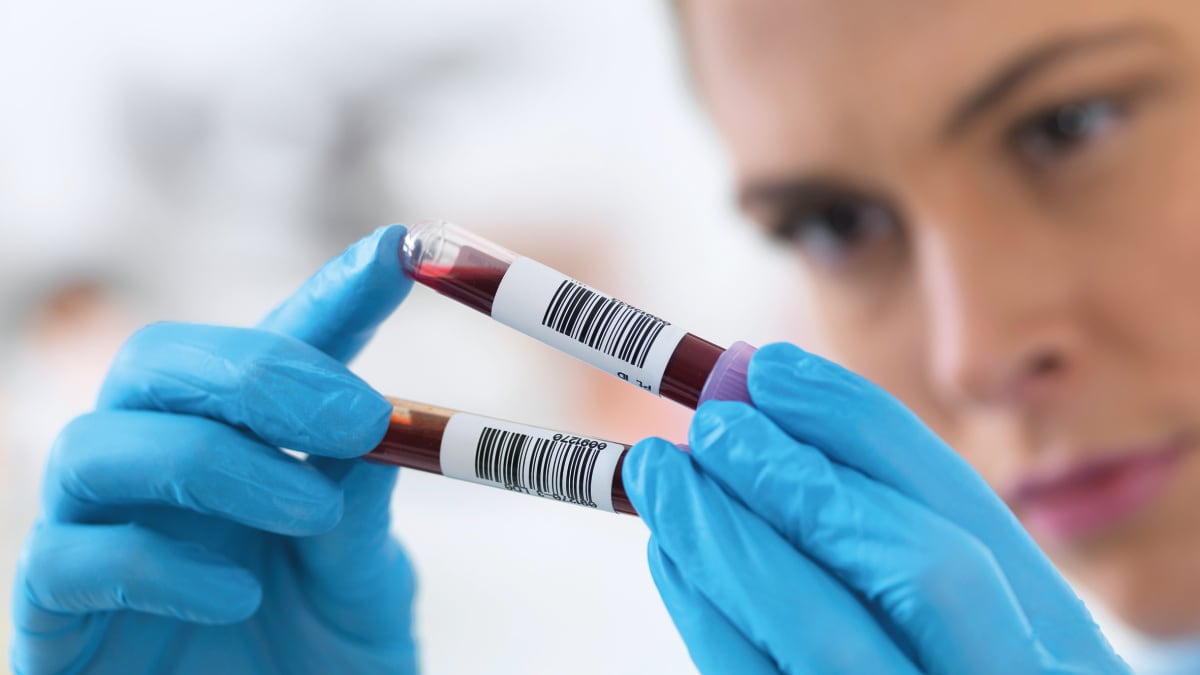


















On April 22, Nature Medicine published the first results from the UK's TARGET (Tumor chARacterisation to Guide Experimental Targeted therapy) study. The letter, written by researchers funded by Cancer Research UK, The Christie Charity, AstraZeneca, and the NIHR Manchester Biomedical Research Centre (BRC), adds new evidence for the feasibility and potential utility of liquid biopsy to identify clinically actionable mutations and guide clinical trial enrollment for patients with advanced cancer.
Currently, enrollment to trials depends on a patient's type of cancer or genetic data obtained from an invasive tumor biopsy, which is often months or years old and may not represent a patient's current disease due to the tumor's evolutionary changes.
TARGET is a molecular profiling program with the primary aim to match patients with different types of advanced cancers to early phase clinical trials on the basis of analysis of both somatic mutations and copy number alterations across a 641 cancer-associated-gene panel in a single ctDNA assay. In the first of the two-part trial, the investigators were able to collect, process and analyze blood samples from 100 patients in the Manchester area.
The results show that a small volume of blood can contain up-to-date genetic information about a patient's cancer to inform treatment choices. In this feasibility study of the first 100 patients, 11 were molecularly matched and enrolled into an available therapy.
Investigators used QIAGEN Clinical Insight (QCI) to identify the clinically actionable variants and geographically available clinical trials, stating:
Functional annotation of somatic variants was performed using ANNOVAR, the resultant VCF file was analyzed through the QIAGEN Clinical Insight for Somatic Cancer platform and reports were generated for discussion in the TARGET Molecular Tumor Board. ‘Actionable’ was defined as a target of known pathogenic significance for which either a licensed or experimental agent or relevant clinical trial was available at the time of discussion.
The investigators go on to describe the importance of using clinical interpretation and reporting tools that are connected to comprehensive knowledge resources needed to minimize the number of variants of unknown significance (VUS) with evidence. As they explain, it is nearly impossible for tumor boards to have knowledge of every actionable variant:
A potential reason why large molecular screening programs have traditionally allocated only 10–15% of patients to studies may be in the interpretation of variants of unknown significance7,8,9. It is challenging for any MTB to have knowledge of all possible variants, and databases are in development for pooling relevance of variants of unknown significance23,24. We addressed this issue by accessing software packages to aid interpretation of the relevance of specific variants and to identify appropriate trials in different regions of the United Kingdom or Europe. The QIAGEN Clinical Interface software package was considered valuable in differentiating actionable mutations (and recommended matched therapies) from those of unlikely clinical relevance, and provided tiering following ACMG/AMP/CAP guidelines.
The researchers now hope the second part of TARGET, which is already underway, will show how often the blood test is successful at matching patients to early phase clinical trials and the impact this has on their overall survival. There is also an option of referring patients to other clinical trial sites, if suitable matched trials are available in other parts of the country--another great feature of QCI.
Reference: *Rothwell, et al. Utility of ctDNA to support patient selection for early phase clinical trials: The TARGET Study. Nature Medicine. (2019) DOI: https://doi.org/10.1038/s41591-019-0380-z